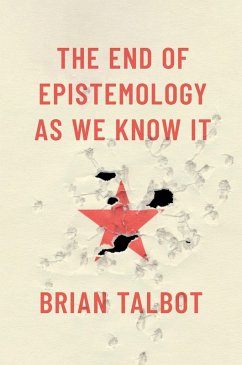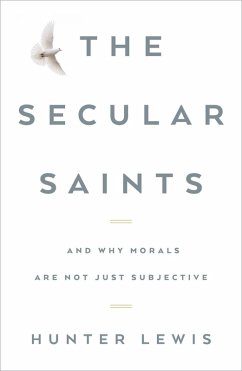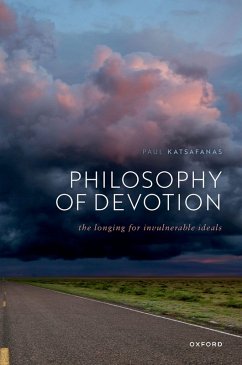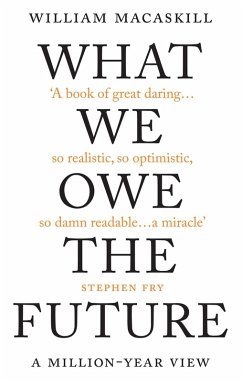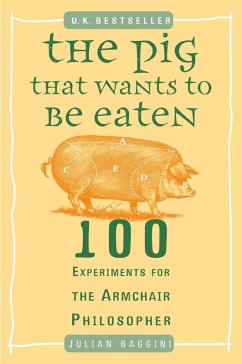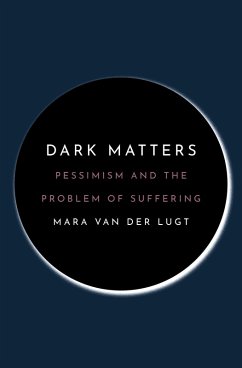
Neither Heroes nor Saints (eBook, ePUB)
Ordinary Virtue, Extraordinary Virtue, and Self-Cultivation
Versandkostenfrei!
Sofort per Download lieferbar
29,95 €
inkl. MwSt.
Weitere Ausgaben:

PAYBACK Punkte
15 °P sammeln!
Most of us are far from perfect in virtue. But even those who come far closer to perfect virtue than most of us--people like Mother Theresa, Martin Luther King, Jr., or Gandhi--nonetheless fall short of possessing it: not even moral saints and heroes are perfectly virtuous. Faced with this fact, moral philosophers can respond in two different ways: they might insist that the only real virtue is perfect virtue, and the only right actions are perfectly virtuous ones. Any failure to meet the exacting standards of perfect virtue will amount to vice, and any less than perfectly virtuous actions wil...
Most of us are far from perfect in virtue. But even those who come far closer to perfect virtue than most of us--people like Mother Theresa, Martin Luther King, Jr., or Gandhi--nonetheless fall short of possessing it: not even moral saints and heroes are perfectly virtuous. Faced with this fact, moral philosophers can respond in two different ways: they might insist that the only real virtue is perfect virtue, and the only right actions are perfectly virtuous ones. Any failure to meet the exacting standards of perfect virtue will amount to vice, and any less than perfectly virtuous actions will be wrong. Or, if they reject such a rigorist picture, they can instead affirm that there are actions that are truly good and right even if they fall short of perfection. In this book, philosopher Rebecca Stangl urges the attractions of a virtue ethics committed to the second option, and in doing so, pushes forward two major innovations. First, she constructs and defends Neo-Aristotelian accounts of supererogation and suberogation, arguing such accounts are fully consistent with such traditional Aristotelian claims as the doctrine of the mean, the necessity of virtue, and the role of the phronimos in our moral epistemology. And further, far from encouraging a kind of complacency, she shows the recognition that there can be genuine goodness short of perfection is precisely what opens up theoretical space for appreciating the goodness of striving towards ideal virtue. The second major innovation of the book is its argument that self-improvement itself can be morally excellent, and the disposition to seek and engage in it, where appropriate, is itself virtuous. She terms this a virtue of self-cultivation, and the book defends and develops a rigorous account of its nature and value.
Dieser Download kann aus rechtlichen Gründen nur mit Rechnungsadresse in A, B, BG, CY, CZ, D, DK, EW, E, FIN, F, GR, HR, H, IRL, I, LT, L, LR, M, NL, PL, P, R, S, SLO, SK ausgeliefert werden.




